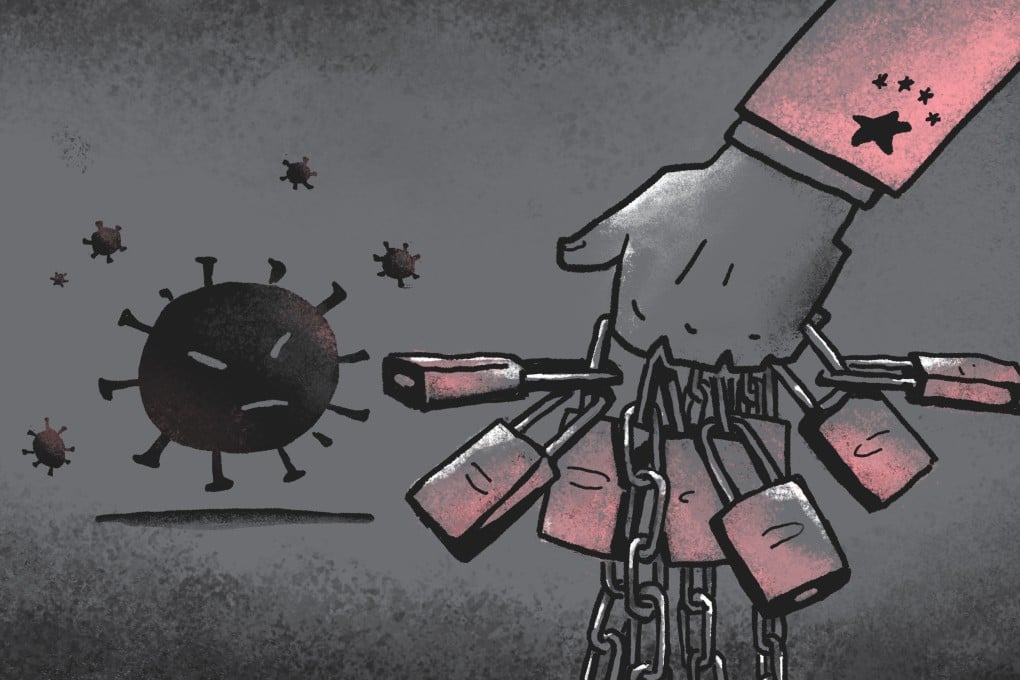China’s zero-tolerance approach helped control Covid-19, but is it time for an exit strategy?
- Beijing may have no choice but to reopen its borders and face the risk of outbreaks even if most people are vaccinated, experts say
- There may be more pressure to do so as other countries open up, but it could come at a political cost

This is the third in a series about China’s plans to reopen its borders to the world amid the Covid-19 pandemic. Here, Josephine Ma explores whether China’s zero-tolerance prevention and control strategy can hold.
Although the number of infections was relatively low compared to elsewhere in the world, officials said drastic measures were needed to make sure the outbreak did not spread further since the province was an entry point to the country and served as its first line of defence.
The message was clear: the province of 126 million people would not take any chances when it came to possible transmission of the coronavirus, even if they had to test millions of people and send tens of thousands to hotels for quarantine.
But more than a year after it first closed its borders, China is facing a dilemma between remaining shut at the expense of international business and trade, or opening up and risking public anger over potential virus transmission from international travellers after locals made sacrifices to contain the pandemic at home.
